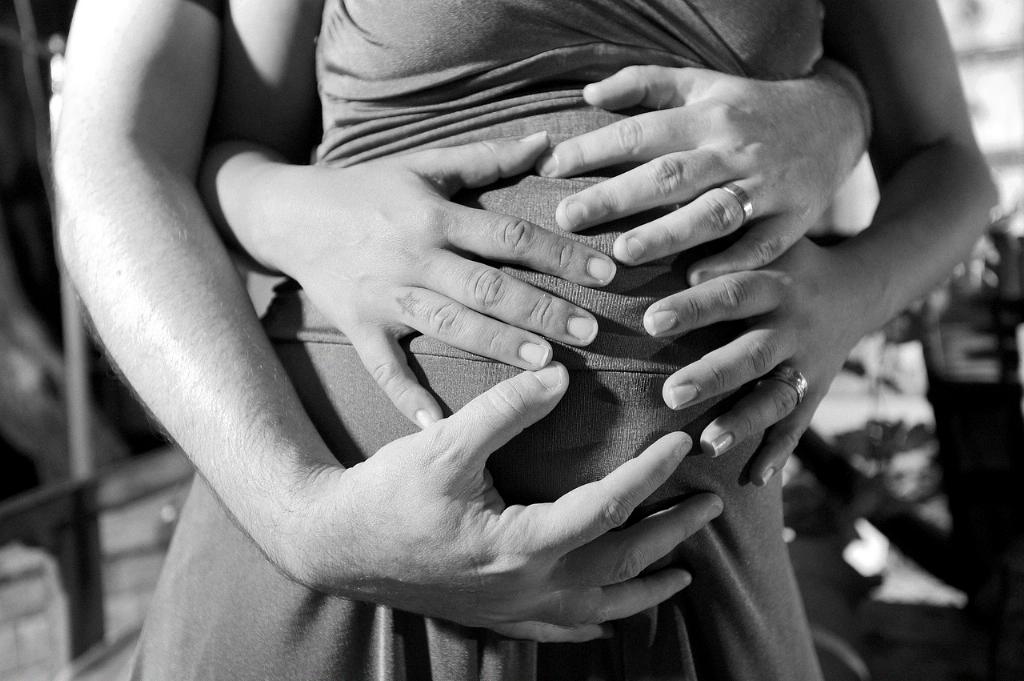Many expectant mothers wonder about the duration of pregnancy bloating and how long this uncomfortable symptom will last. The experience of bloating during pregnancy can vary widely among women, with some lucky individuals escaping it entirely or experiencing it only in the initial stages, while others may find themselves dealing with it throughout the entire nine months.
When Does Pregnancy Bloating Typically Start?
Pregnancy bloating commonly kicks in during the first trimester, typically around weeks 11-12 of gestation. This is a period of significant hormonal changes and bodily adjustments as your body gears up to support the developing fetus. The bloating may be mild for some mothers during this time, while for others, it can be more noticeable.
What Causes Pregnancy Bloating?
Bloating during pregnancy can be attributed to several factors, including hormonal fluctuations, increased progesterone levels, slowed digestion, and the expanding uterus. As the baby grows and your uterus expands, it puts pressure on your digestive organs, potentially leading to bloating and discomfort.
The Impact of the Second Trimester
For many women, the second trimester offers a bit of relief from the bloating experienced in the initial stages of pregnancy. This period is often referred to as the “honeymoon phase” of pregnancy, during which symptoms like morning sickness tend to subside, and bloating may decrease temporarily.
Third Trimester Woes
As you enter the third trimester and your baby continues to grow rapidly, the pressure on your digestive system increases once again. This can lead to a resurgence of bloating in many women. The bloating may feel more pronounced during this period, especially as your baby takes up more space in your abdomen.
Coping Strategies
While some degree of bloating may be inevitable during pregnancy, there are steps you can take to alleviate discomfort. Eating smaller, more frequent meals, staying hydrated, avoiding gas-producing foods, and engaging in gentle exercise can all help reduce bloating. It’s essential to listen to your body and consult with your healthcare provider if you have concerns.
Embracing Changes
Remember that bloating, along with other pregnancy symptoms, is a natural part of the journey to motherhood. Embrace the changes happening in your body and focus on taking care of yourself and your growing baby. If bloating becomes severe or is accompanied by other concerning symptoms, don’t hesitate to reach out to your healthcare provider for guidance.
Individual Variations
Every pregnancy is unique, and the experience of bloating can vary greatly from one woman to another. While some may find relief from bloating after the first trimester, others may continue to grapple with it throughout their pregnancy. It’s crucial to pay attention to your body’s signals and seek support if needed.
Final Thoughts
In conclusion, the duration of pregnancy bloating can differ for each woman and pregnancy. While it commonly starts in the first trimester and may ease up during the second, it can return with a vengeance in the third trimester. Stay attuned to your body, adopt healthy habits, and consult your healthcare provider for personalized advice on managing bloating and other pregnancy symptoms.

